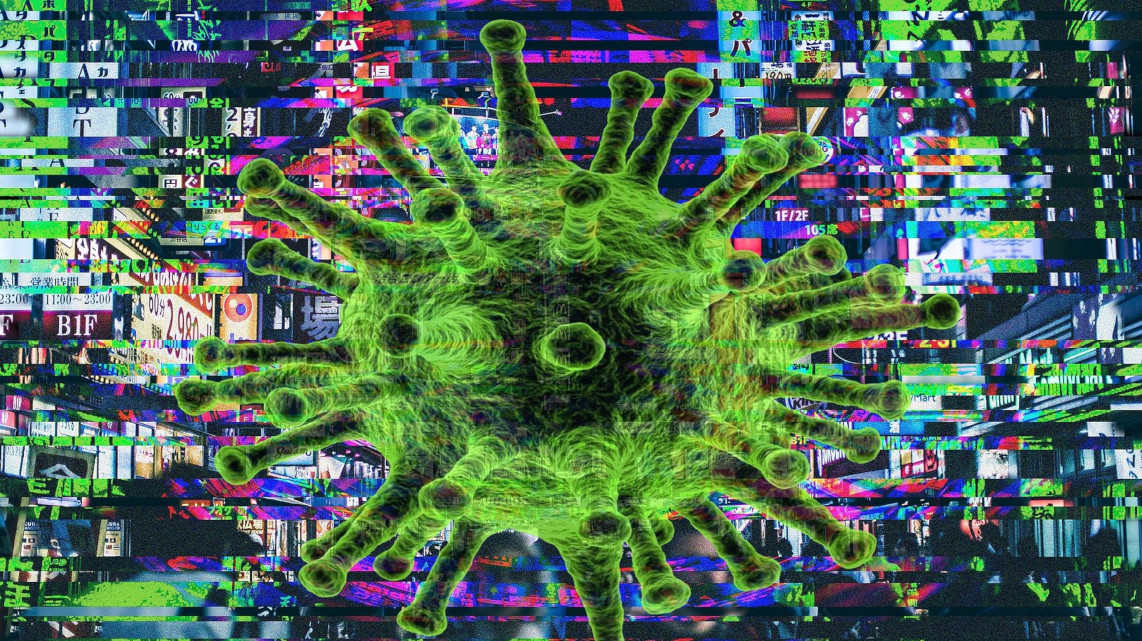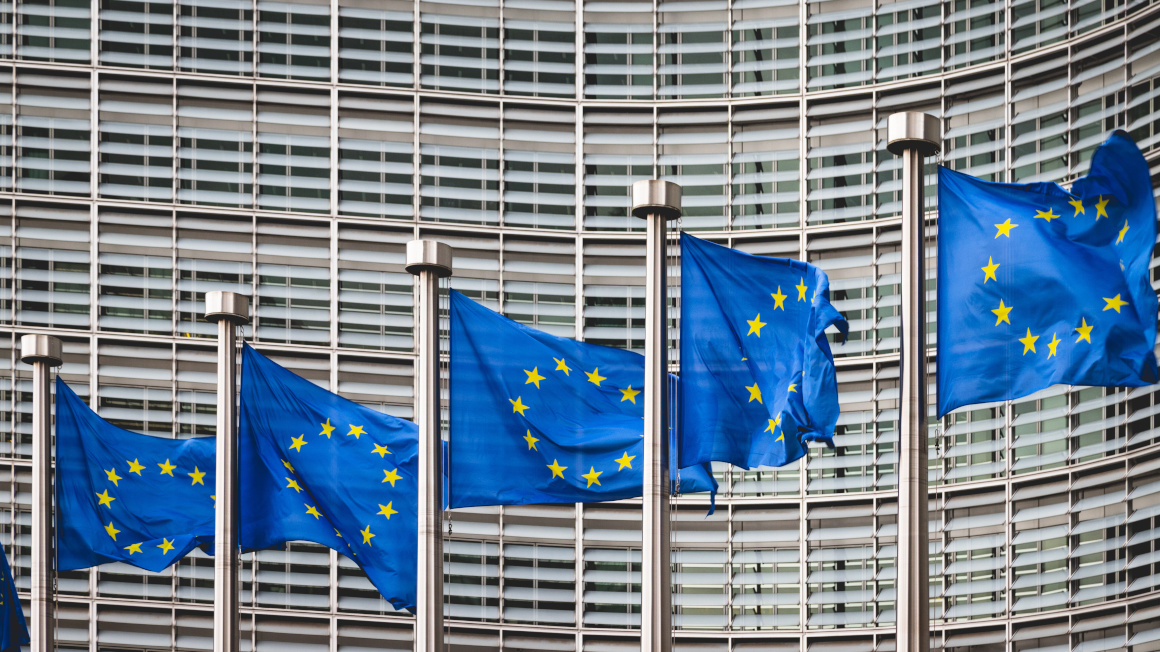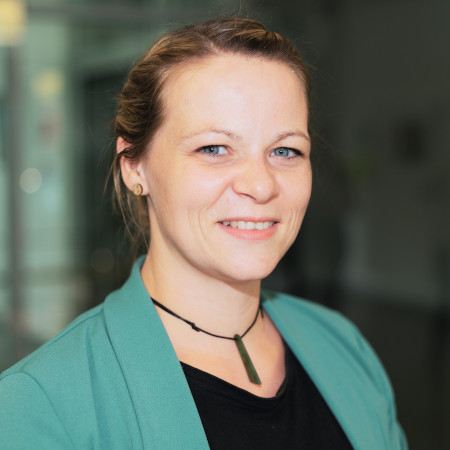The pandemic as an opportunity for the bioeconomy
More than a quarter of all German citizens are convinced that the corona pandemic can lead to a change in people's thinking towards more sustainability and climate protection.

The day on which Germany has consumed its share of the world's available resources has been advancing for years. While the Earth Overshoot Day in 2000 was still on 23 September, this year Germany is already living on credit from 3 May. The day is calculated annually by the Global Footprint Network and illustrates the share of countries in global resources. This year, the cutoff date is, of course, only a forecast and is based on the previous year. Due to the corona pandemic, there is currently a lack of data for a reliable calculation. Earth Overload Day shows that ecosystems such as arable and pastureland or forest are consumed faster than they can renew themselves and that more CO2 is emitted than nature can absorb.
Crisis as an opportunity for lasting change
Bioeconomy has the potential to stop this negative trend. Experts from politics, industry and research agree on this. Especially the corona crisis, which has dominated Germany since mid-March, seems to be making more and more people in this country aware of sustainability and climate protection. This is shown by a survey conducted by the opinion research institute Civey as part of the Science Year 2020, which this year is putting the bioeconomy in the spotlight. According to the survey, 27% of all Germans see the pandemic as an option for a rethink towards a sustainable and climate-friendly economy. "Many people see the crisis as an opportunity for permanent change," explains Markus Vogt, member of the Bioeconomy Council of Experts in Bavaria.
Using upheaval as a breakthrough
Vogt argues that this radical change should also be used as an opportunity for new beginnings and refers to the numerous economic stimulus packages that have been launched to cushion the economic consequences of the lockdown. "What matters now is not to invest the money in outdated structures, but in the economy that we need in the future. The bioeconomy offers decisive perspectives for this because it is based on climate-friendly economic activity, develops renewable resources and avoids waste," explains Vogt.


